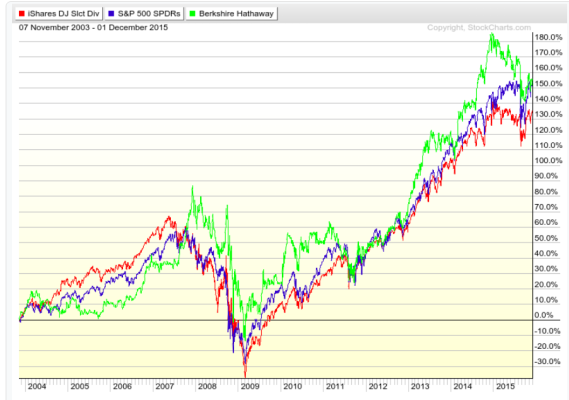pb4uski
Give me a museum and I'll fill it. (Picasso) Give me a forum ...
I would be more concerned about concentration and lack of diversification. Think like Enron and WorldCom. They had similarly stellar returns for many years leading up to their implosions. Can you hedge all or some of the market risk associated with your former employer stock?
Alternatively, you might be able to do an exchange of those shares with an ETF and receive ETF shares which would be more diversified though I don't know if that would be a taxable event in Canada. Or perhaps a similar transaction with the market maker of your employer stock.
Alternatively, you might be able to do an exchange of those shares with an ETF and receive ETF shares which would be more diversified though I don't know if that would be a taxable event in Canada. Or perhaps a similar transaction with the market maker of your employer stock.
Last edited:

